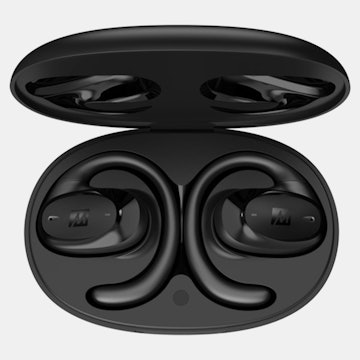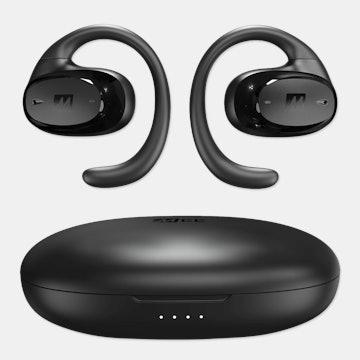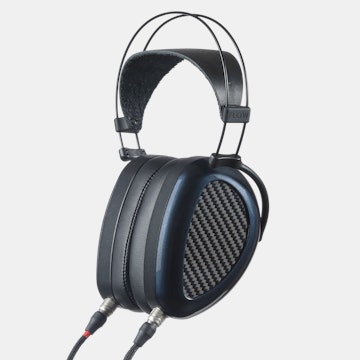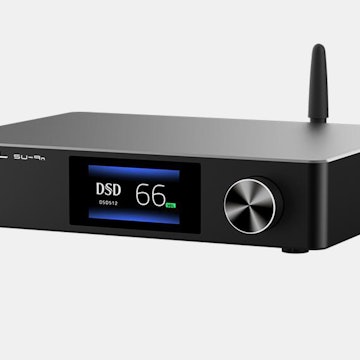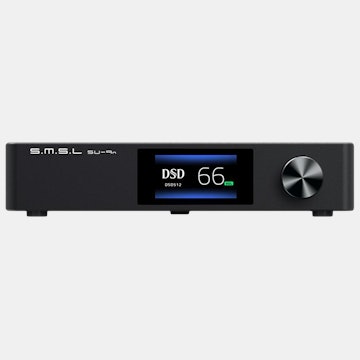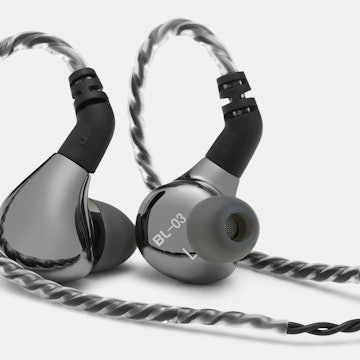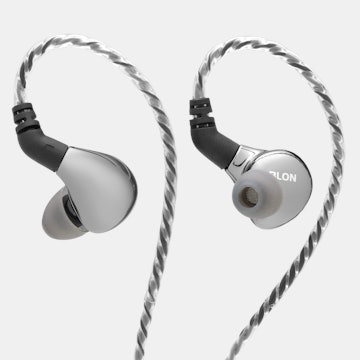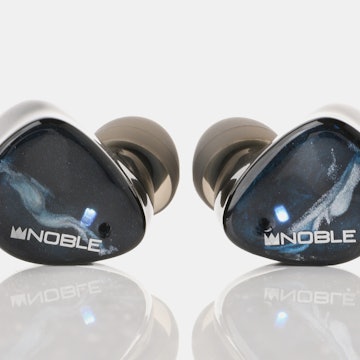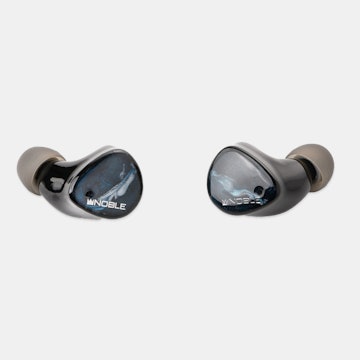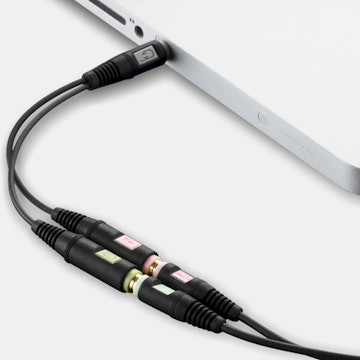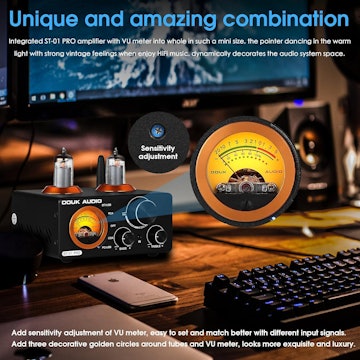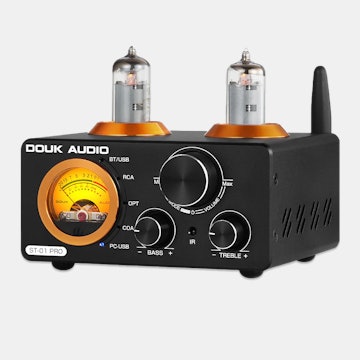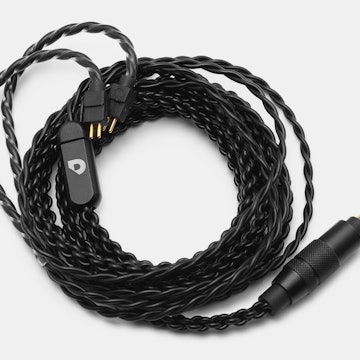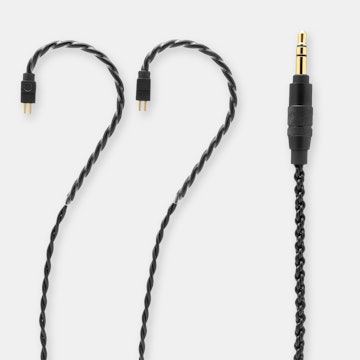Click to view our Accessibility Statement or contact us with accessibility-related questions



Showing 1 of 46 conversations about:

dqniel
125
Sep 9, 2013
bookmark_border
Tristor- I read the review. It was entirely subjective/anecdotal with no quantitative measurements, ABX comparisons, or even blind testing performed.<br /><br />If you look up proper testing of power conditioners/regulators where the test method goes beyond a user simply plugging it in and perceiving or not perceiving (placebo is a very real effect) a difference, then it's really hard to find any evidence in support of conditioners. And even if evidence to support conditioners exists, does evidence exist to show that a $300 unit does a measurably better job than a $50 UPS?<br /><br />But like I said before, I'm absolutely always open to evidence that disproves my skepticism. A user review devoid of ABX tests, blind comparisons, or scientific measurement isn't an adequate source of evidence.

Tristor
97
Sep 9, 2013
bookmark_border
dqnielI would argue objectively that a conditioner is no better than a quality UPS. That said, a quality UPS is not $50, it's as much or more than $300. By quality UPS, I mean one which supports AVR and does true sine wave output rather than stepped sine wave output. These types of UPSes typically are in the $500+ range for cost. If you buy one of those, it will be as good or better (because it includes battery backup as well) than a power conditioner. That said, for the quality of the unit, the fact it's designed well to stack with headphone gear, and the fact that I'm not in it for battery backup this works for me. This may not work for you.<br /><br />I think the reason so many quantitative measures are lacking in these reviews is simply because they're unnecessary to prove the point. It'd be nice to see a graph showing the frequency, voltage, and ripple values on the raw line and then the output of the conditioner, but ultimately as the reviewer stated you can expect minimal to no impact using a power conditioner if your power situation is already well in order. If you have power issues, it can make a marked (and easily audible) difference.

dqniel
125
Sep 9, 2013
bookmark_border
TristorThank you for the information about sine wave output versus stepped sine wave output. I didn't realize most cheaper UPS units use that.<br /><br />However, your argument that "the reason so many quantitative measures are lacking in these reviews is simply because they're unnecessary to prove the point" doesn't fly with me. If producers or fans of a product can prove the efficacy with numbers or third party testing they will do it. It helps convert the masses that are skeptical.<br /><br />Plenty of subjectively different products are reviewed with accompanying measurables. Anybody who plays PC games knows that an Nvidia GTX 780 provides smoother gameplay than a last-gen AMD HD 6850. And yet, you don't read reviews that simply leave out benchmarks because "they're unnecessary to prove the point." The same goes for things even within the realm of audiophiles. It's accepted that certain phono cartridges perform better than others, yet there exists ABX testing to validate the consensus. <br /><br />Measurables and ABX testing is done so that people, such as myself and others interested in an objective presentation of a product, can see quantifiable differences between the products. If measurables are difficult to come by for a particular scenario, then ABX testing or blind testing (worst case scenario) are used. Why? Because placebo effect is real, and many products on the market that promise a "marked (and easily audible) difference" have been proven to be snake oil when put through ABX testing. Take interconnects, for example.

Tristor
97
Sep 9, 2013
bookmark_border
dqnielYeah, I totally get that. I unfortunately don't have any information further to offer you. I don't currently own the proper equipment to do any proper testing, or I would after I receive my unit. The reality though is that the testing isn't going to necessarily be accurate anyway, which is why I feel it's somewhat disingenuous to base a decision on it.<br /><br />It's pretty simple really. If you don't need power conditioning, then having a power conditioner, even one which could be proven through testing to be effective, is not going to make any difference. If you have power issues, then power conditioning is obviously effective in simple listening comparison, and I assume would also be reflected in testing. If you don't need it, you don't need it. Unfortunately I live in an area of the country with particularly poor power.

